The much anticipated 10-part ESPN documentary ‘The Last Dance’ aired its first two episodes the other day, and it is now the burning topic within the basketball world. It included a deep look on the Chicago Bulls’ key figures during the 1980s and ‘90s, as well as stories that have generated heated discussions.
Poor Jerry Krause. The former longtime general manager of the Bulls has become the most hated man in basketball – posthumously, no less. But that’s another story. Rest in peace, Jerry.
On the second hour of the special, one key point that got tackled was the dynasty’s number two guy: Scottie Pippen. He’s one of the most versatile players, one of the best defenders, and quite possibly the best sidekick in NBA history… and he was unbelievably underpaid during the team’s entire run.
Pippen’s rookie contract ended in the 1991 off-season, right after they won their first championship. He had come into his own at that point, boasting an All-Star nod in 1990 and a shocking snub in ’91. Being the perfect ‘Robin to Michael Jordan’s Batman’ had made him a superstar.
It was a no-brainer that the entering-his-prime Pippen was about to be rewarded with a healthy contract, but Krause and Bulls owner Jerry Reinsdorf was adamant: they want to secure their star at a bargain price. Reinsdorf even claimed in the documentary that he advised Pippen not to sign the deal, knowing that Scottie would feel like he’s “underpaid” in the long run.
“I told him when he was getting ready to sign this deal that ‘halfway through it you’re going to think you’re underpaid, especially since we front-loaded it’ … His answer was, ‘You’ll never hear from me.’ I told him I didn’t believe it, but he promised that would be the case.”
The contract was a seven-year, $18-million deal, and since it was “front-loaded” as Reinsdorf noted, it meant that Pippen’s salary would still be in the $2.7 million range at the end of the agreement.
We can chalk it up to the Bulls management being thrifty and Scottie, the breadwinner of a low-income family, getting blinded by a long-term contract and not realizing that he could have sign a better deal since the salary cap was likely to balloon every year.
It was what it was and it carried on. By contract’s end, Pippen was the number two superstar of a dynasty with six championships and a collection of All-NBA, All-Defense, and All-Star selections, all while earning a measly $2.7 million.
To put it in a wider context, he was second in points, first in assists, steals, threes, and minutes per game during the 1997-98 season, but sixth in salary. He was 122nd overall league-wide. He tried and tried to re-structure the contract but simply got stonewalled every time.
But wait, there’s more…
You would think that the Bulls management are just cheap fat cats, right? Wrong. While they inhaled all the dollars from their money-making machine, they treated almost everyone on the roster as simple assets, particularly Pippen. Not only did they refuse to re-negotiate his deal, they also shopped him and dangled his services non-stop.
Between 1994 and 1997, Scottie was almost dealt three times. The trade talks were so close to completion that every deal was known by fans despite rumours not travelling as fast as it is today (since the internet was still in its very infancy). If not for divine intervention, probably – both from the actual God and the basketball god, Michael Jordan, one can only guess how different the history would be.
Here are those three instances:
1994 NBA Draft (Seattle SuperSonics)
During the ’94 draft, Pippen was almost sent back to the team that originally drafted him seven years earlier. The deal was for athletic power forward Shawn Kemp and two-time Sixth Man of the Year Ricky Pierce – and would’ve also seen both teams swap first-round picks.
Knowing how everything turned out, the trade was interesting for both sides. The Sonics would’ve had two of the best defensive players all-time in Scottie Pippen and Gary Payton, and considering the already potent offense and how tough of a title contender they were in the mid to late ‘90s, a championship wouldn’t be far-fetched.
The Bulls, meanwhile, would have maintained having a star in a forward position and also acquired first-round picks to further re-load the roster. Shawn Kemp’s above-the-rim play and aggressive attack on both ends of the floor would be a featured act, alongside the rising Toni Kukoc and a crop of role players.
Kemp got into off-court troubles and struggled getting in shape late in his career. He might’ve kept such things in control had he been under the strict supervision of Phil Jackson, the coach who was able to make a connection with the mercurial Dennis Rodman.
Jordan commented on the trade in 2010 and basically implied that he would’ve axed it if he was with the team. He even said he would not have returned in 1995 had it happened through.
“I could have played with Shawn, but I wouldn’t have been as comfortable as I was with Scottie.”
Side note: Pippen and Kemp ended up playing together for two seasons. They were teammates at the Portland Trail Blazers from 2000-2002.
1995 Trade Deadline (Phoenix Suns)
This was in February of 1995, one month before Jordan returned to the Bulls from an 18-month retirement. It was clear that Pippen had no idea that his partner was about to come back as he was itching to get out of Chicago.
The discussed trade was Pippen in exchange for All-Star sharpshooter Dan Majerle, rookie Wesley Person, who also had a deadly outside shot, and multiple draft picks.
It wasn’t an attractive look for the Bulls since they were just loading up on shooters, and discarding a much-needed go-to scorer and defender. Keep in mind, it was also during an era where threes were not considered to be a great shot.
Over at the Suns’ side, the deal would’ve paired Pippen with Charles Barkley. They are two of the top forwards in the league, and arguably the best two-way players as well.
This was the season where Suns infamously blew a 3-1 series lead to the eventual champion Houston Rockets. We’ll never know, but having a then three-time champ Pippen in the fold would’ve at least prevented a couple of mistakes, especially on the defensive end.
Another side note: Like with Kemp, Pippen eventually teamed up with Barkley, and it was also later in their careers. The two were with the Rockets during the lockout-shortened 1998-99 season.
1997 NBA Draft (Toronto Raptors)
In 1997, the Raptors were entering their third year in the NBA with not much buzz, and as a Canadian team in an American league, they were desperate to bring in a big attraction, both for the fans and free agents. What better way to get it through a player in Pippen’s caliber?
The trade was claimed to be a straight swap for draftee Tracy McGrady, a sensational high school talent that, in a couple of seasons, transformed into an elite scorer and legit number one option.
Pippen would’ve led a young and promising core in Toronto, one that included dynamic point guard Damon Stoudamire and second-year defensive big man Marcus Camby. Chicago, meanwhile, would have their a coveted piece for the future.
But, of course, Jordan was quick to kibosh the whole thing. His longtime partnership with Pippen and Jackson was likely approaching its final phase and they all planned on capturing that second three-peat. There’s no way MJ would let it end on a risky draft night trade for a teenager.
Nevertheless, this one might draw the most “What if?” scenarios. Had it gone through, Jordan would have most likely pushed his way out of Chicago too. Who knows where he would’ve went? Or maybe he would’ve stayed and groomed the kid into his second coming?
Also, how quickly would’ve McGrady developed under Jackson? Would he grow into what Kobe Bryant had become? The questions automatically pile up, but like any other trade scenario, we’ll never know.
Yet another side note: Rookie T-Mac tried to jump over Pippen for a highlight reel dunk.

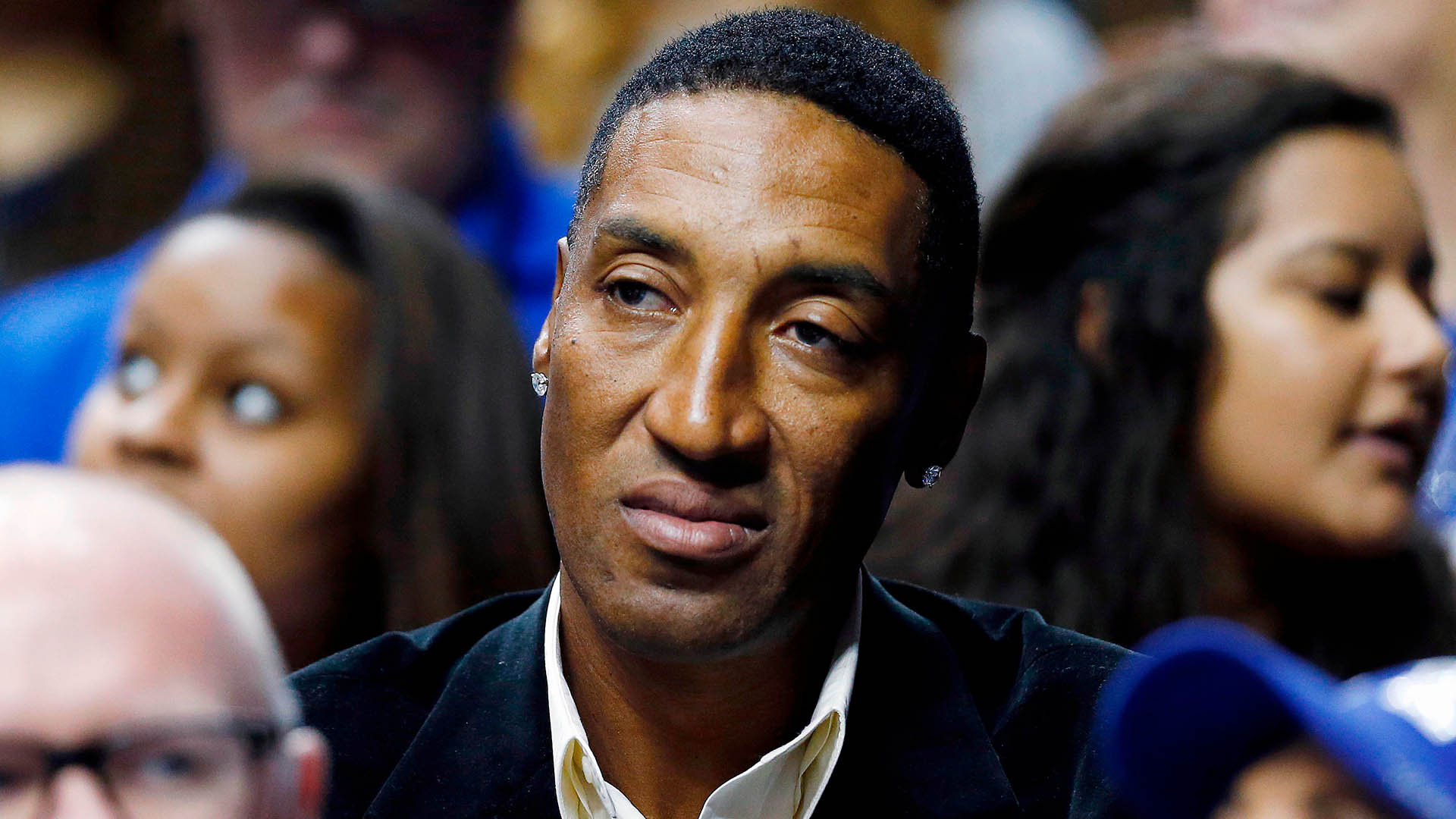








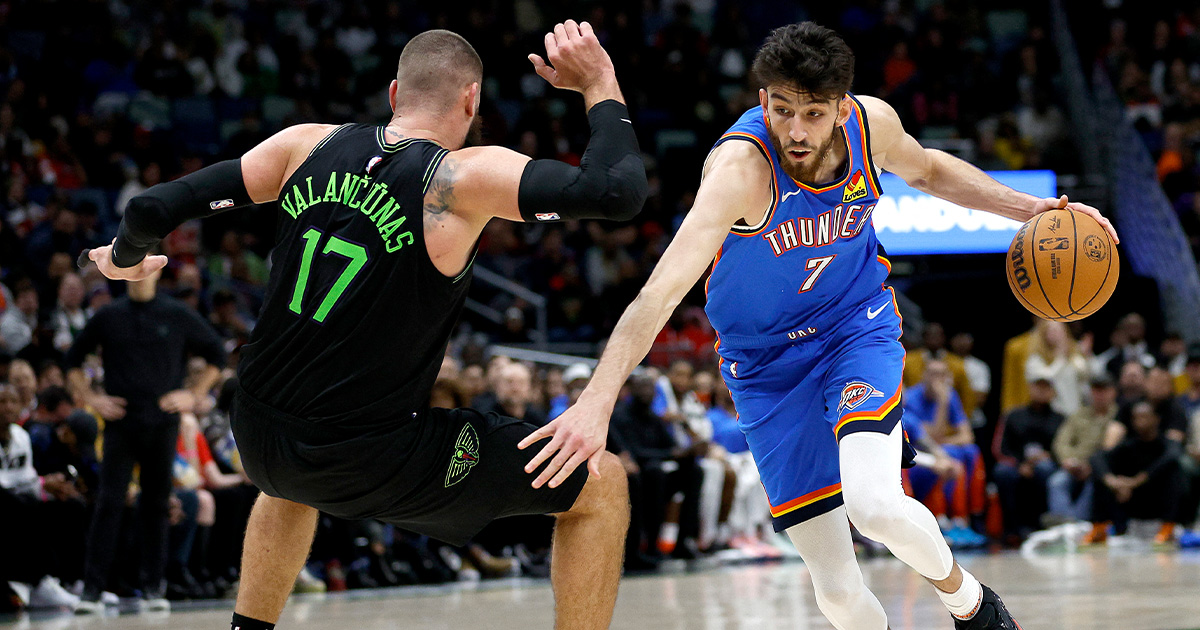
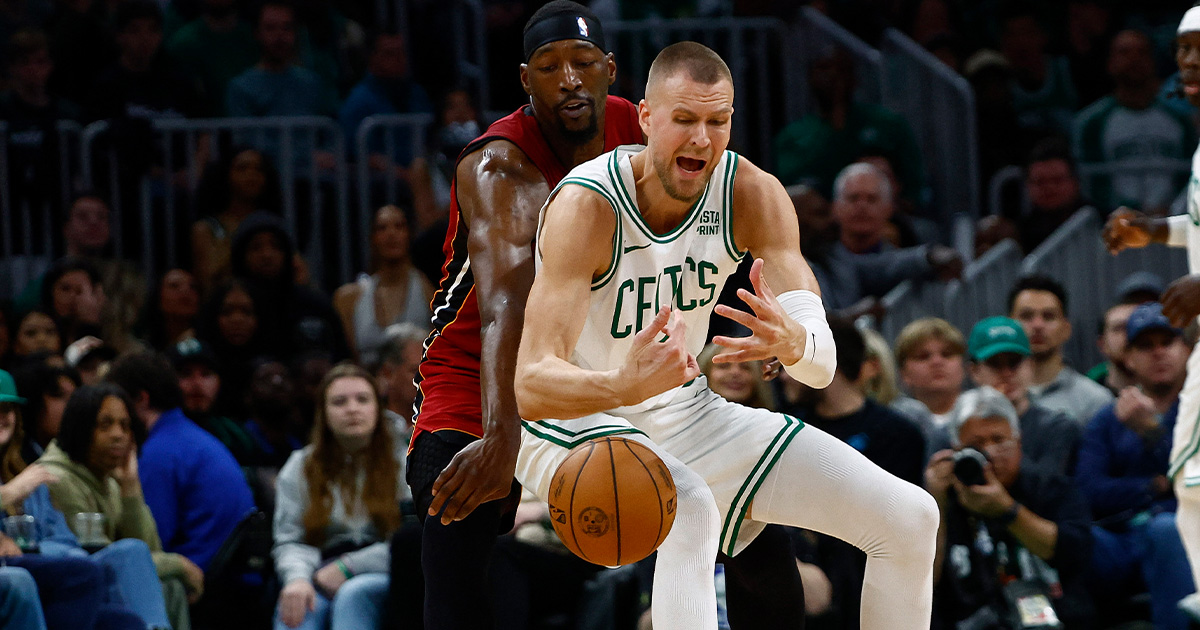
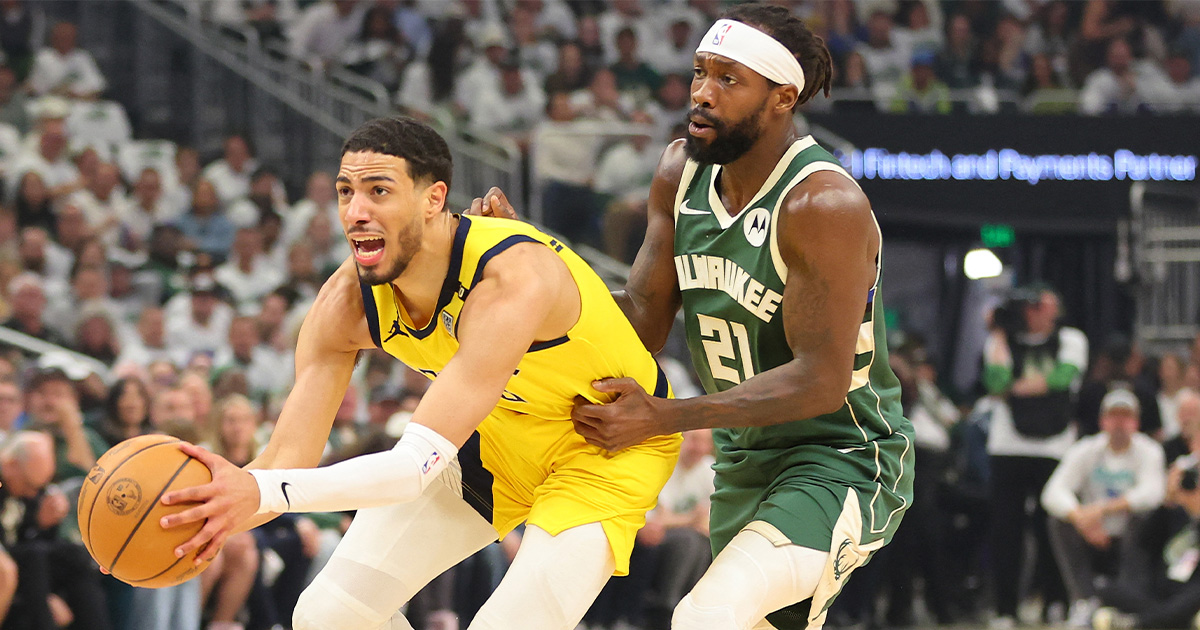
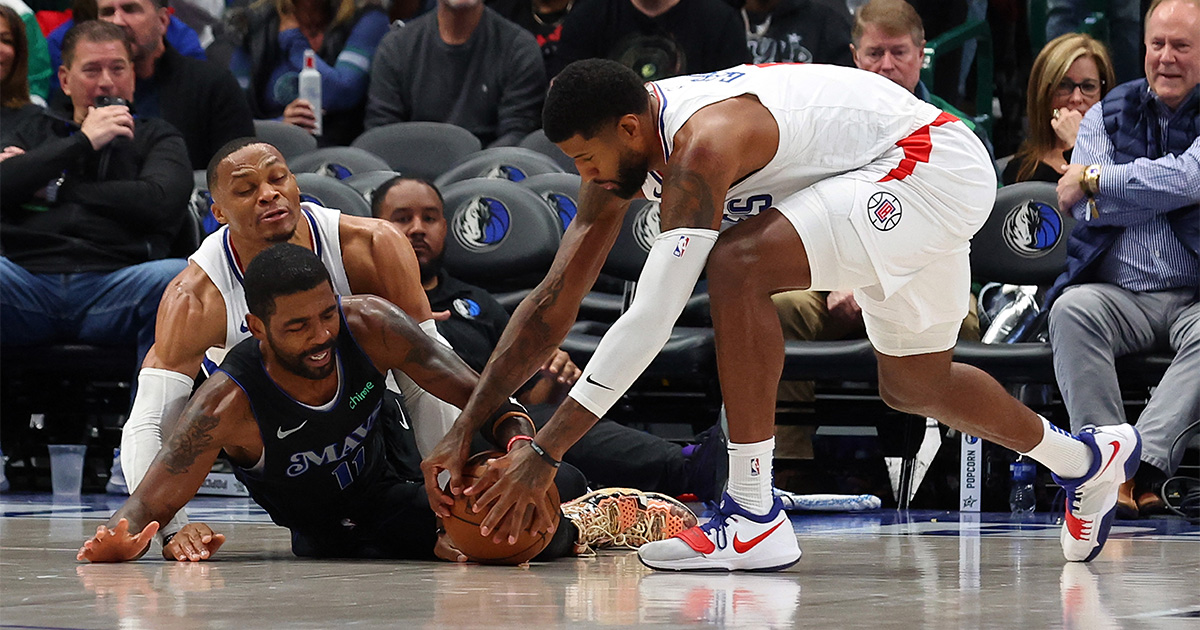
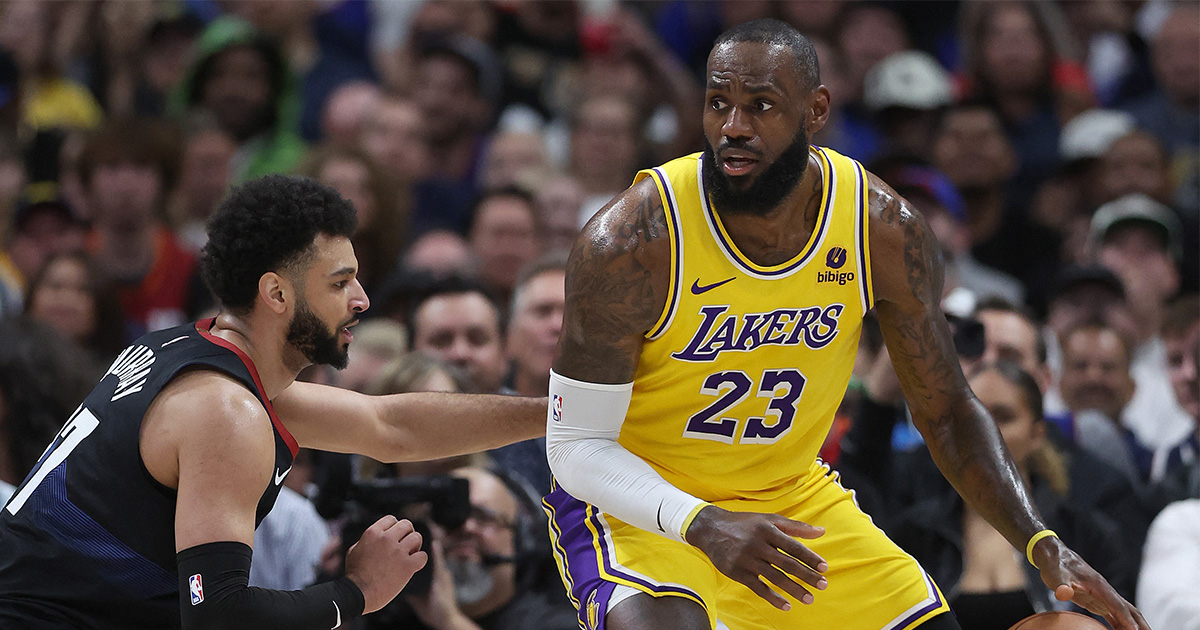
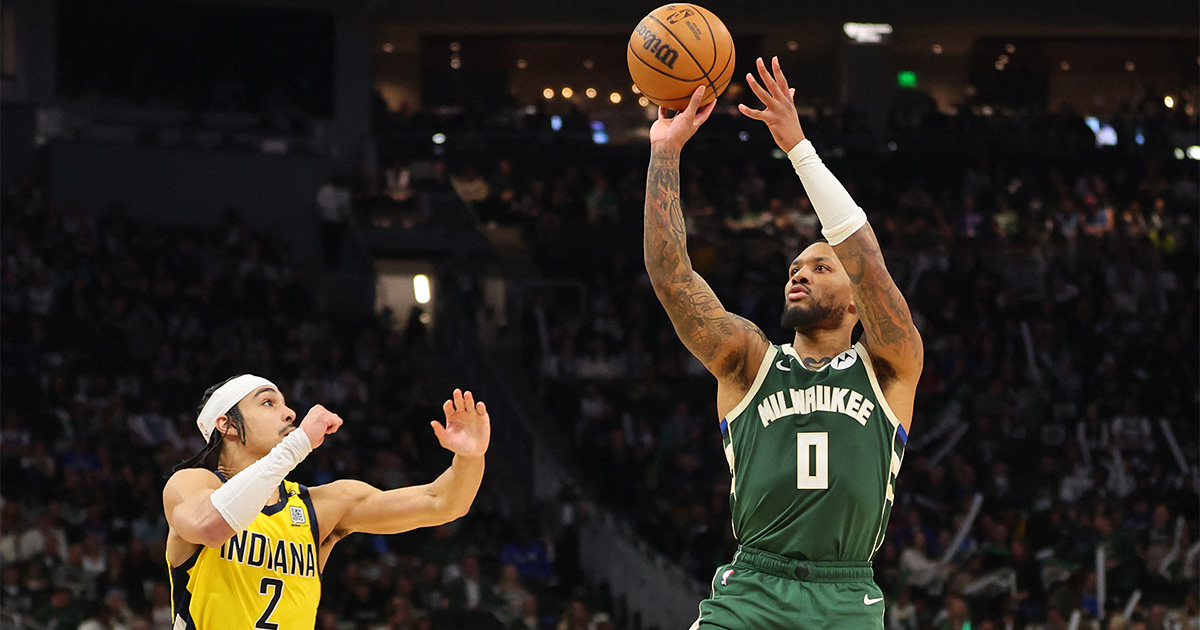
ปั้มไลค์